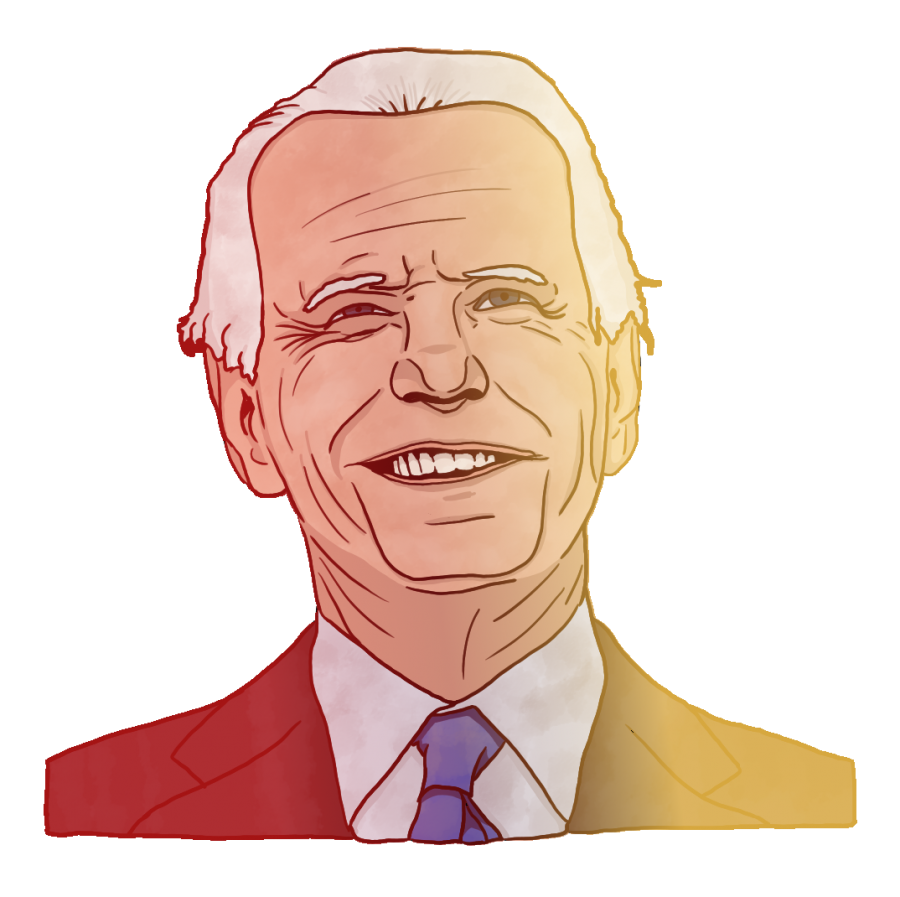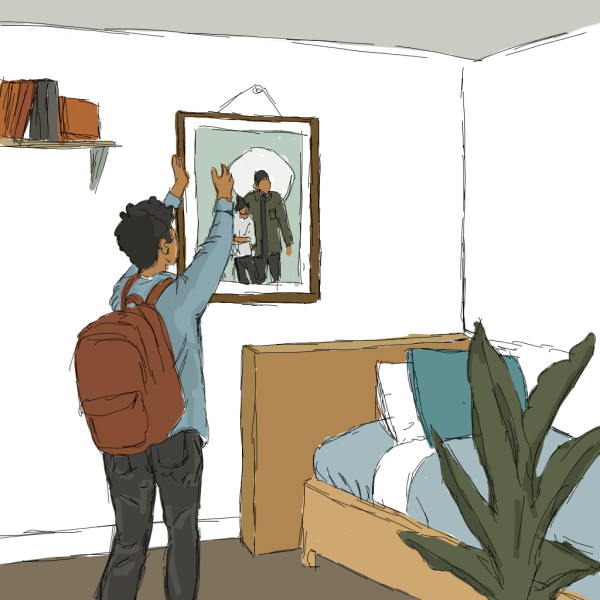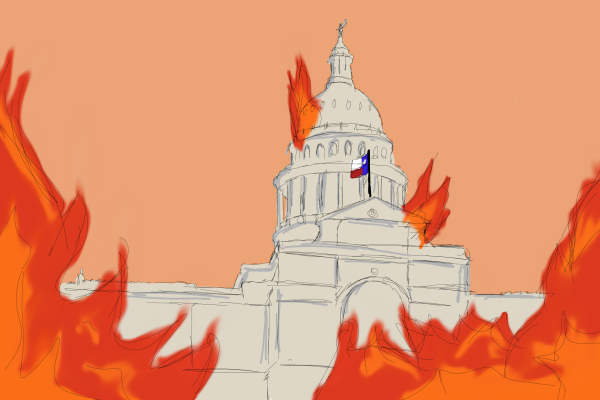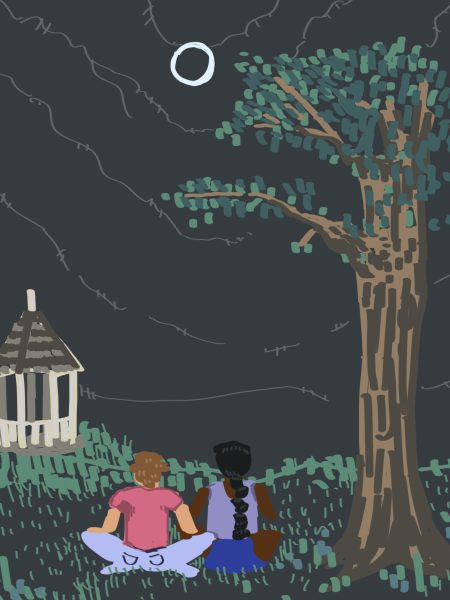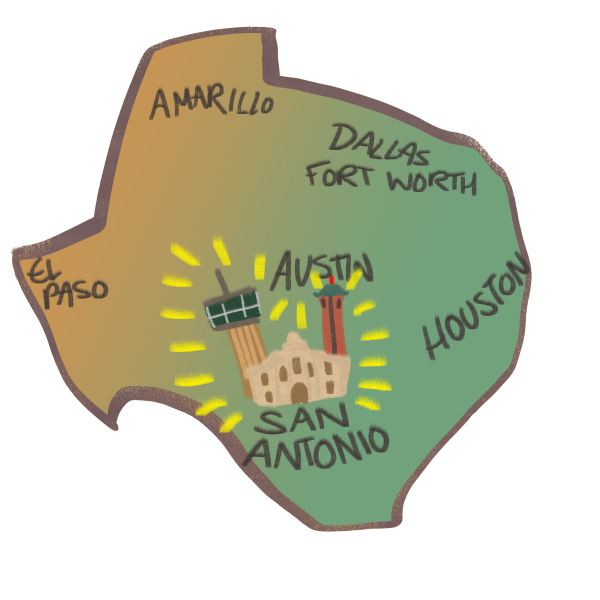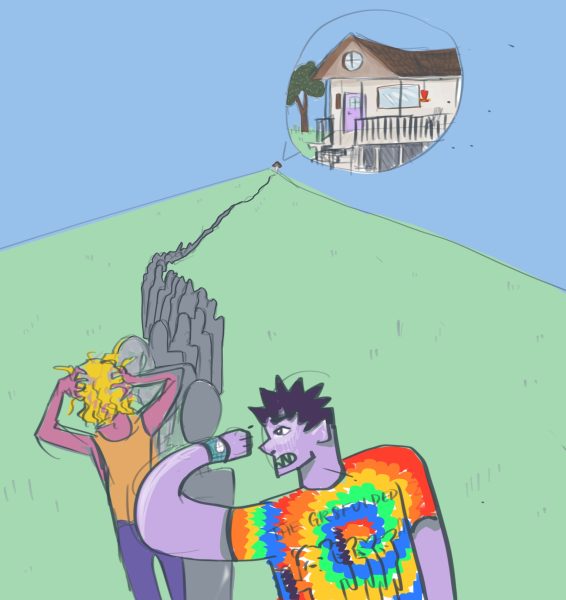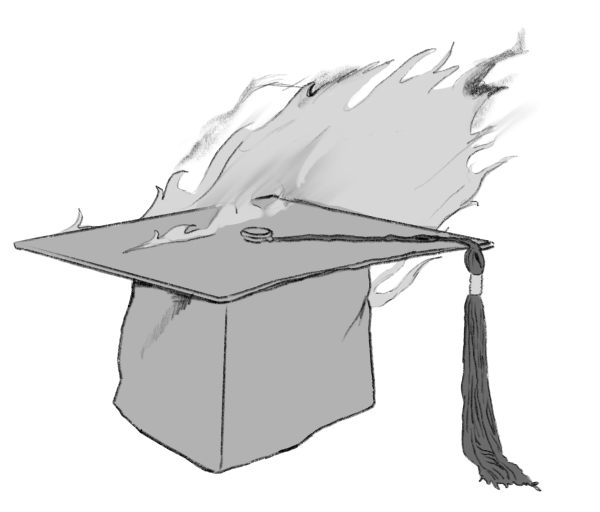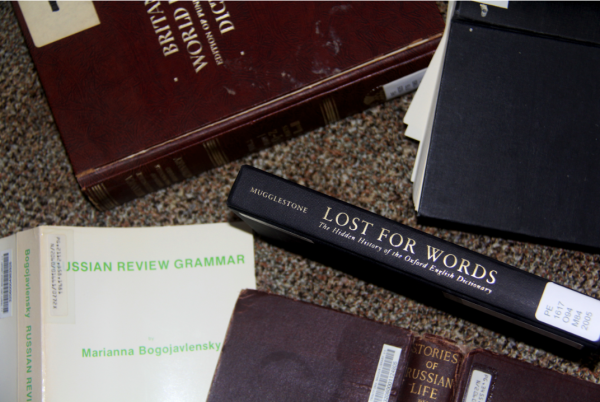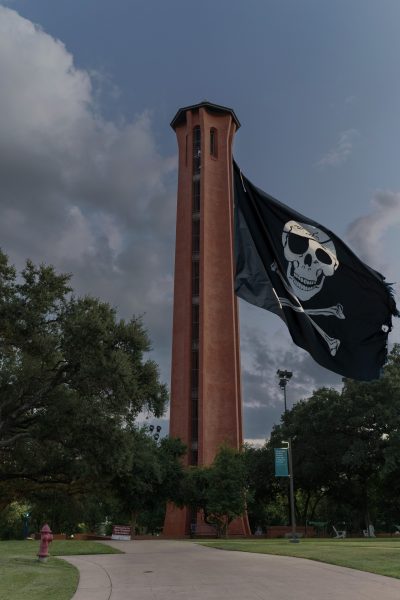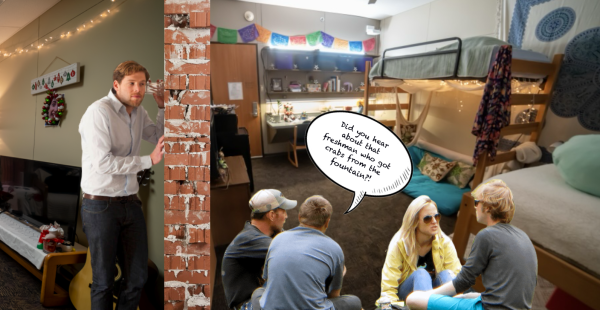Has “American Liberalism” strayed from its roots?
Today, modern American liberalism, for better or for worse, is being defined by “big government” and the belief that government is the cure for all ills. It begets the question of if American liberalism is still liberal at all. Moreover, is the Democratic party? Or has it become a party of the left, without us realizing it.
America was born out of liberal ideals like constitutional government, personal freedom and civil liberties. The liberal traditions of Locke, Paine and Jefferson permeate the very fabric of our society, and yet the word itself, “liberal,” is arguably one of the most misused and misunderstood in the American English language.
For decades, our politics have treated it as a dirty word. The media has used it as a synonym for extreme and radical left-wing ideas. Publications like the New York Times and the Washington Post describe Bernie Sanders and Alexandria Ocasio-Cortez as “firebrand liberals.” Political scientists with Gallup and Brookings continue to view the ideological battles within the Democratic party as being between “moderates” and “liberals” despite the party being ostensibly the “liberal” party in America. The debate within the Democratic party is not between so-called moderates and liberals. It is between liberals and socialists (i.e. social democrats and the like).
But what is liberalism? In simple terms, liberalism espouses a social and political philosophy based on liberty, individual rights, the consent of the governed and the right to private property. American liberalism, however, has evolved over the past two centuries into something quite different from its classical roots. The dominant variant of liberalism today, social liberalism, has its roots in the presidency of FDR because it was the New Deal programs that first established a brand of American liberalism that was more deeply concerned with inequality and injustice. What came after it was a family of political movements that embraced the power of the state to change society for the better. On its face, the belief that government CAN be good is not illiberal at all. Unfortunately, it seems that the Democratic Party is moving forward under the assumption that government IS good.
Therefore, we have stopped being the party that encouraged people to “ask not what your country can do for you” and instead embraced government as the solution to our problems. Ronald Reagan, a famed economic liberal, once issued a warning to the people that “government is not the solution to our problem,” but rather that “government IS the problem.” While many American liberals might ignore his wisdom, I would argue that, if we wish to continue being liberals, we ought to consider that he may have been right.
From gun control to healthcare and economic inequality, the Democratic Party of today sounds more like a social democratic party than a liberal one. We no longer view the government as a part of the solution, but THE solution to these — and many more — issues. By embracing ideas like assault weapons bans, mandatory gun buybacks, Medicare for all and wealth taxes, we are redefining our view on the purpose of the state.
From the liberal perspective, the purpose of government is to enforce social contracts, protect private property and ensure individual liberty. Eliminating private healthcare, limiting consumer choice, infringing on property rights and ignoring market solutions to the climate crisis go against that. Liberalism seeks to preserve the free market, not regulate and burden it to oblivion. It supports the freedom of speech, not the policing of it. And above all else, it defends every person’s natural right to life, liberty and property. As John Stuart Mill put it, this means guarding against the tyranny of the majority and protecting the filibuster, the Electoral College and the U.S. Senate.
I implore Democrats to be true liberals and question the nascent orthodoxy put forth by this administration and the social democrats influencing it. If we wish to remain liberals and continue to be the liberal party in America, we must re-evaluate our program and reject social democracy.
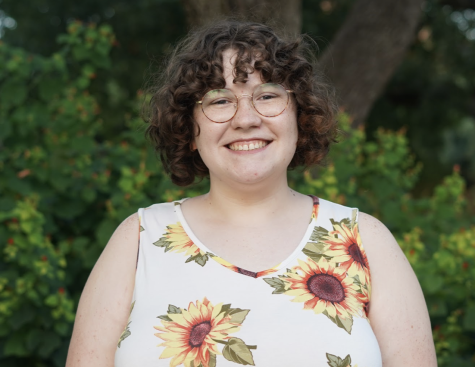
I'm a senior Computer Science major and a Classical Studies minor from Newton, North Carolina with a passion for art. I also work at the Center for Experiential...

